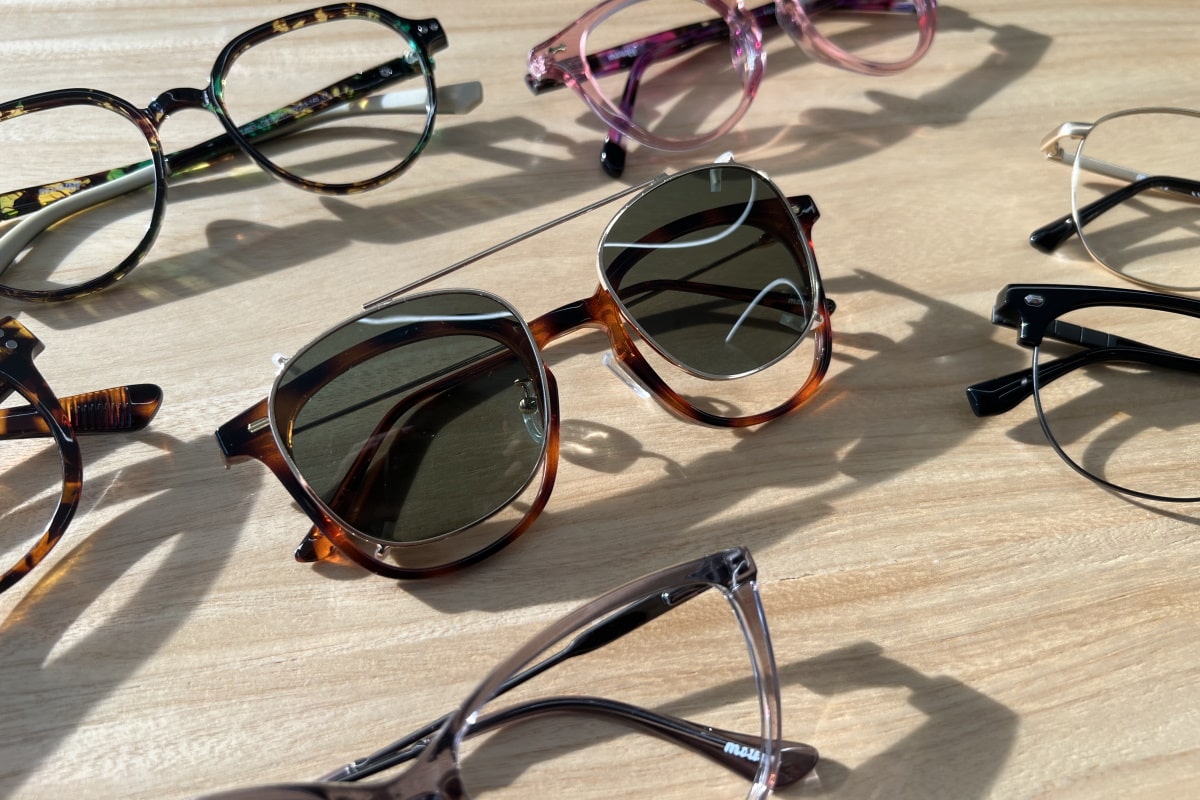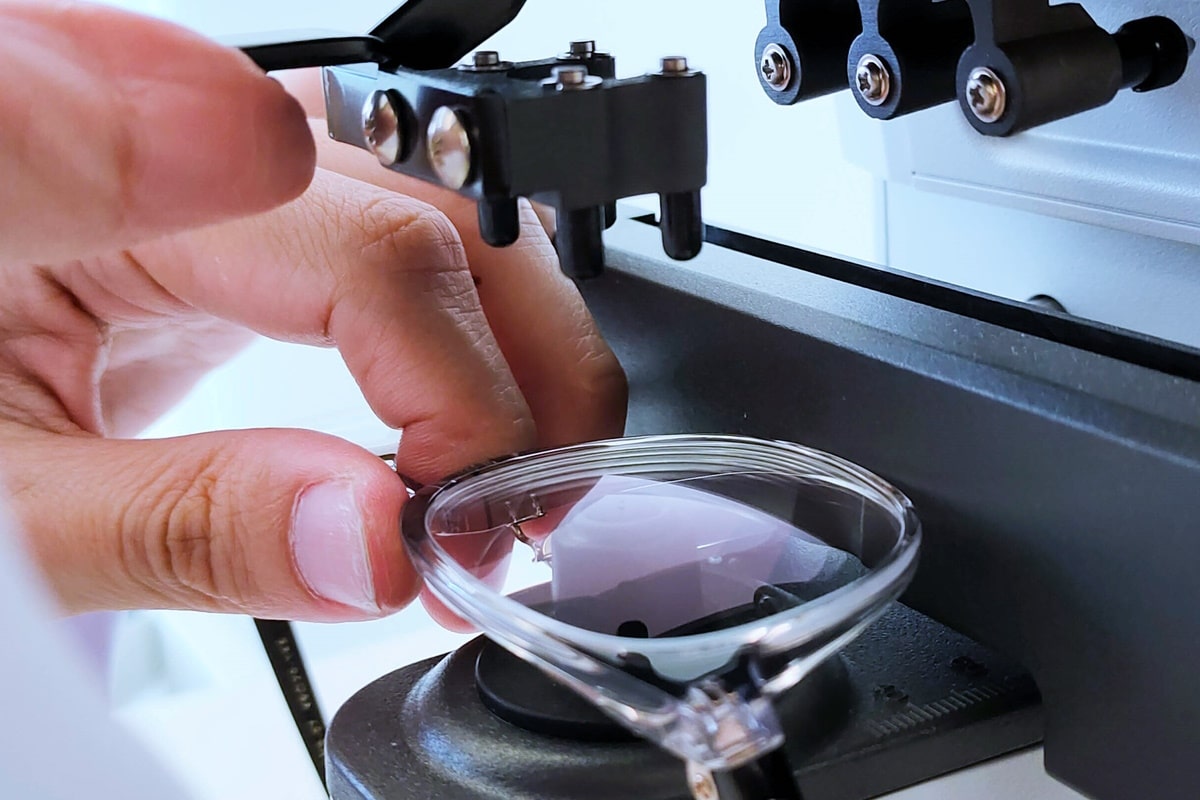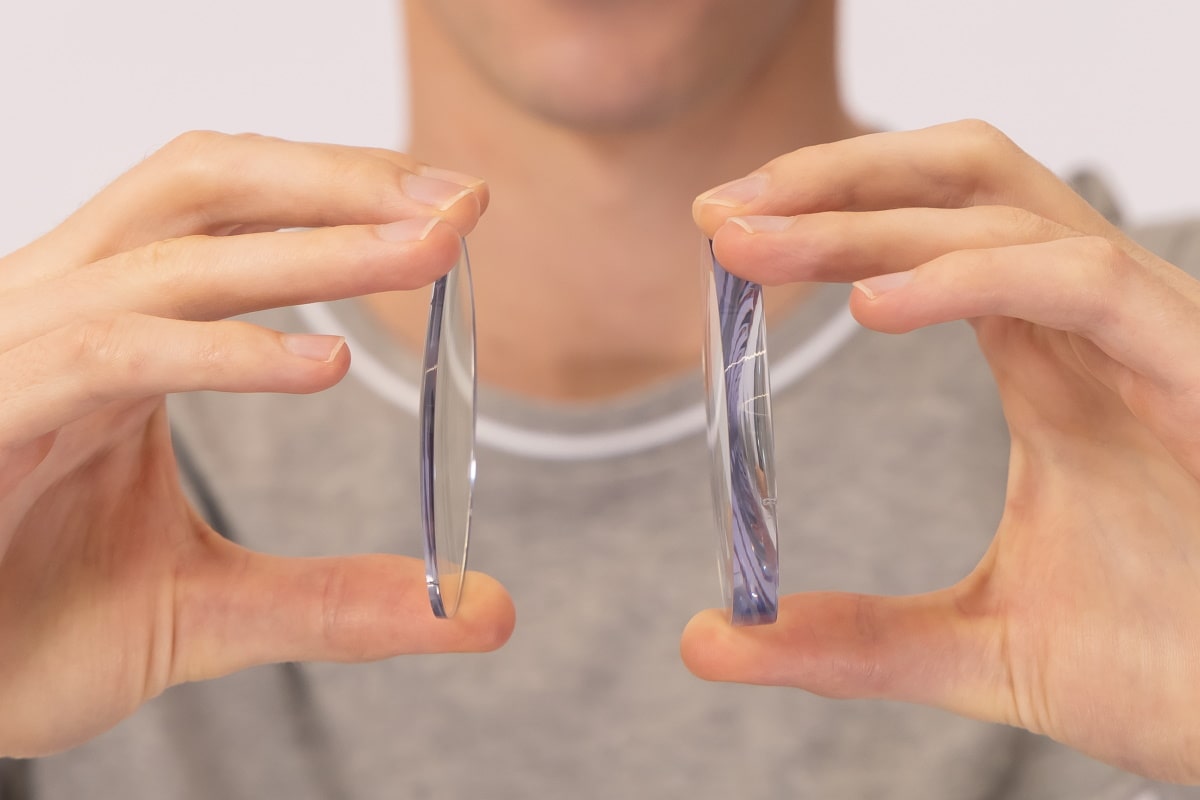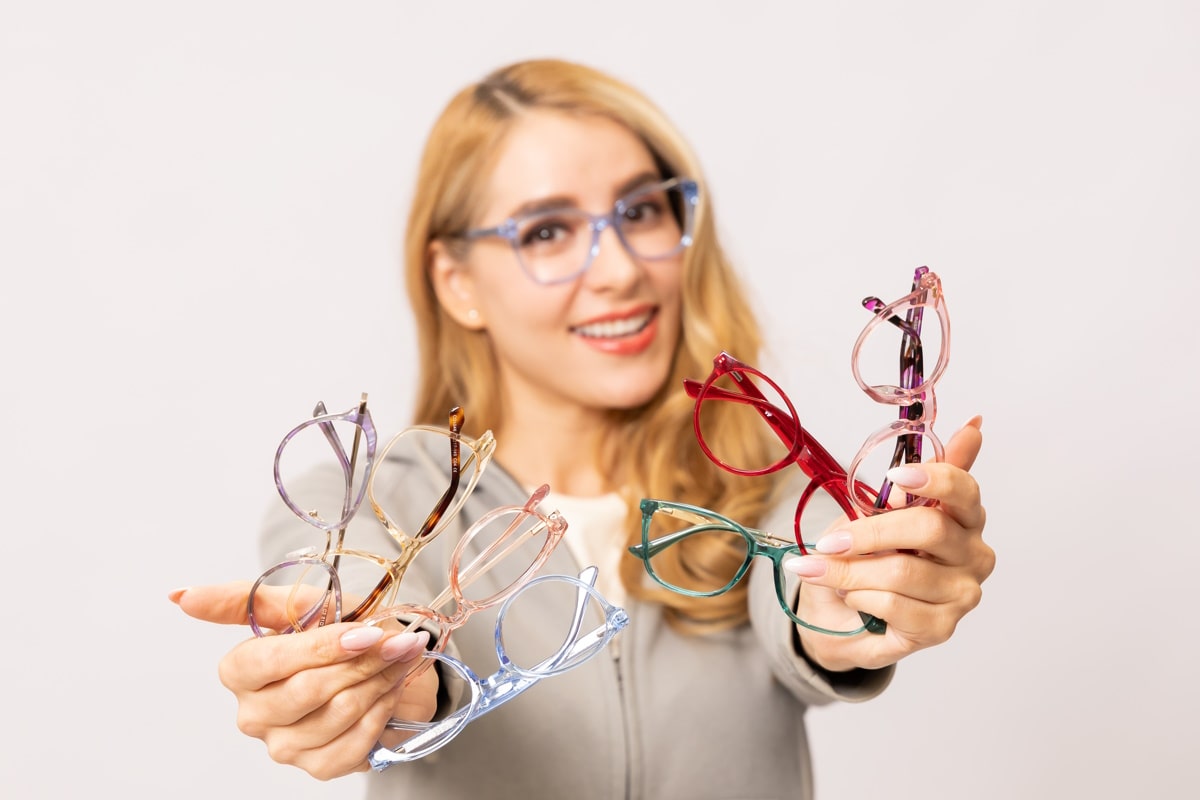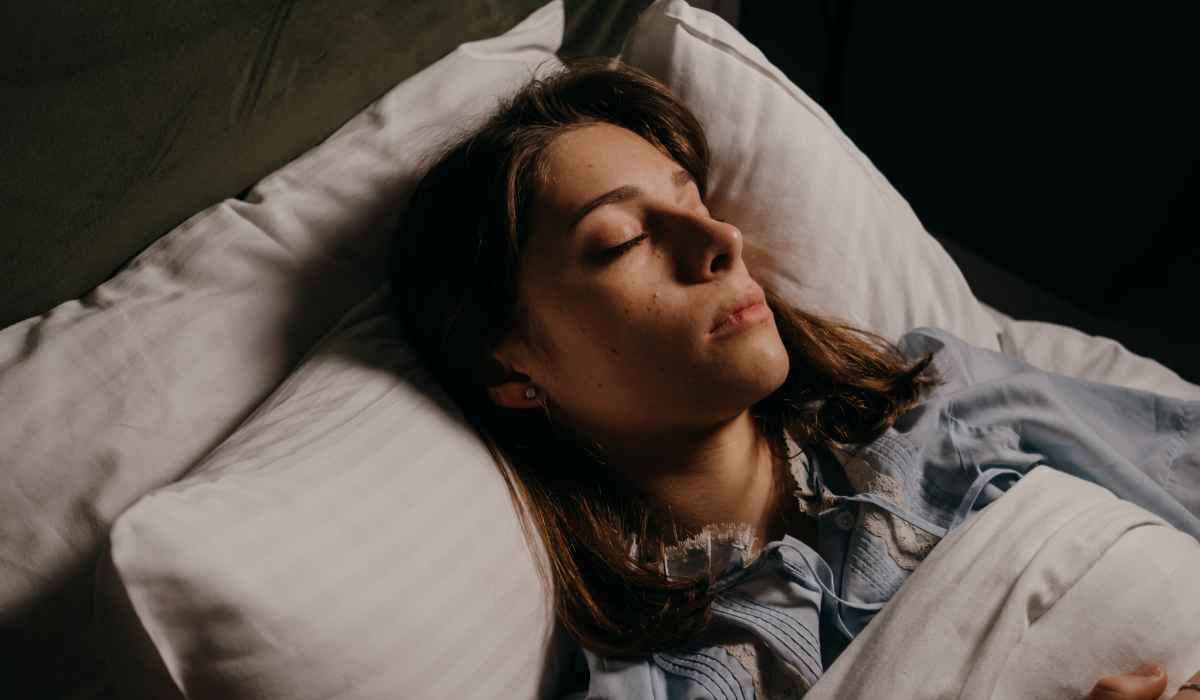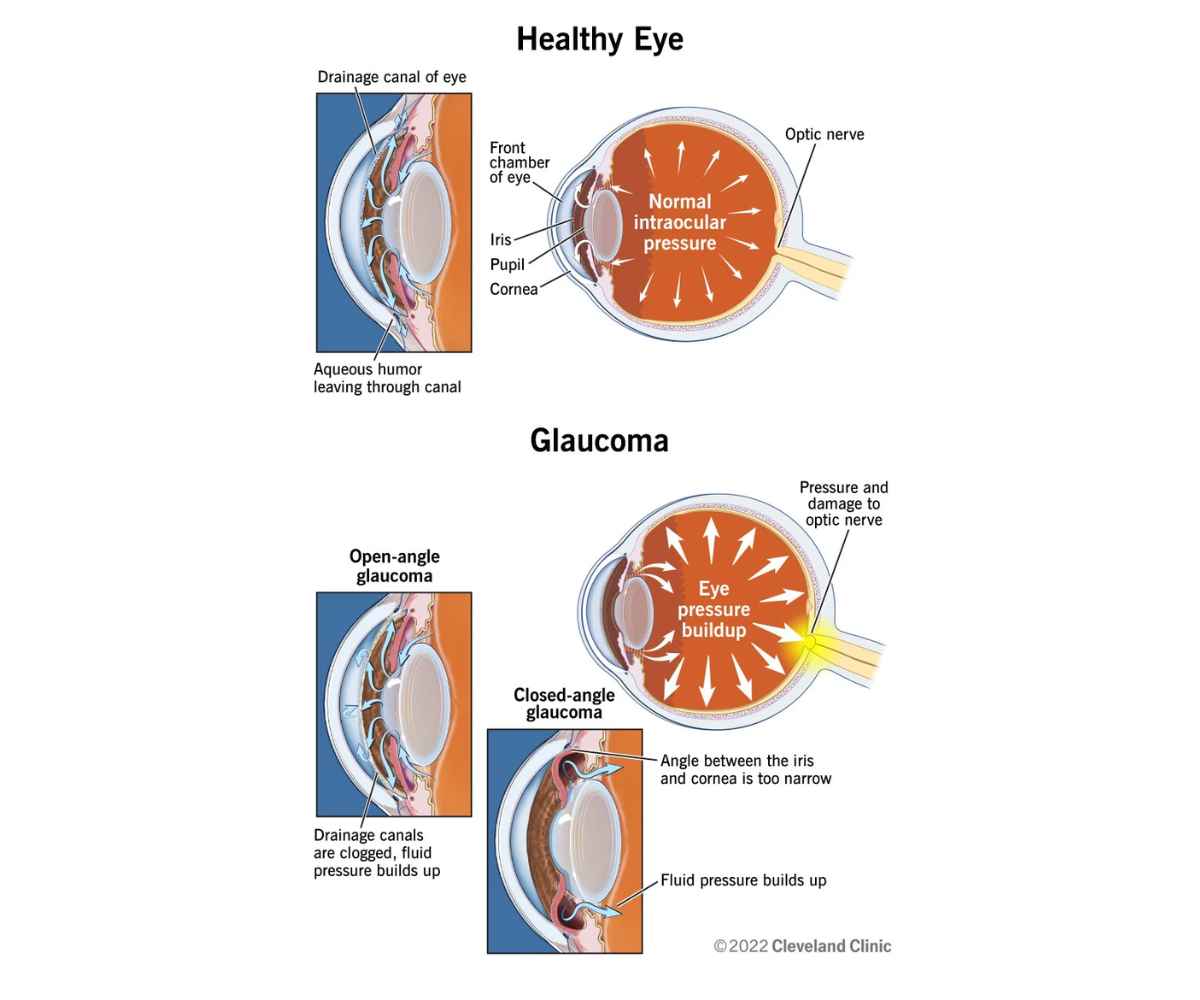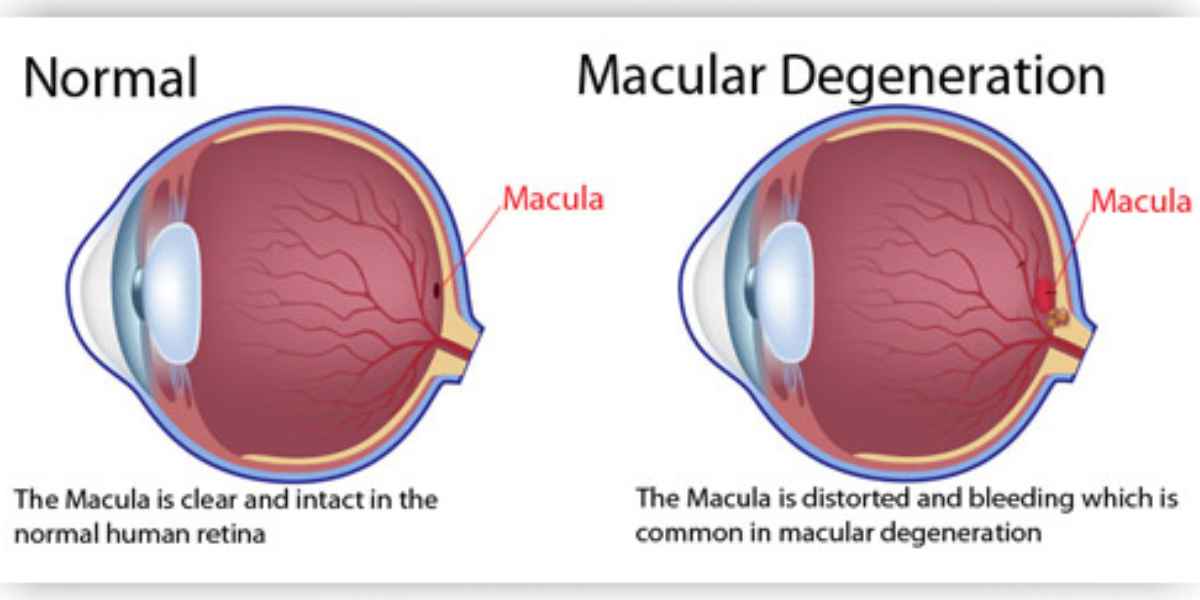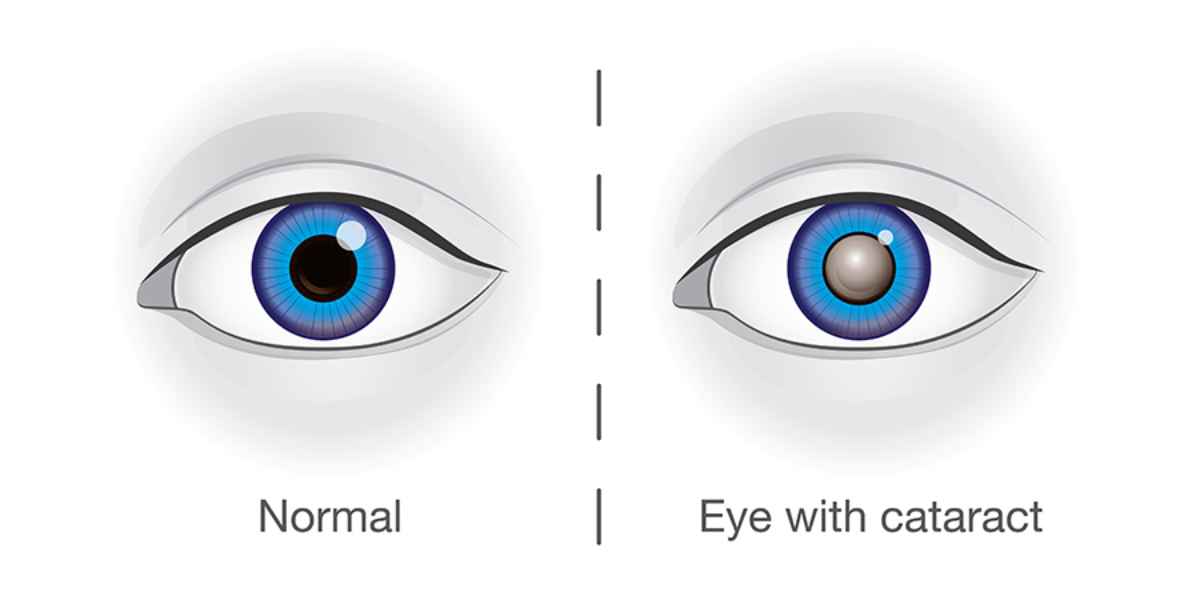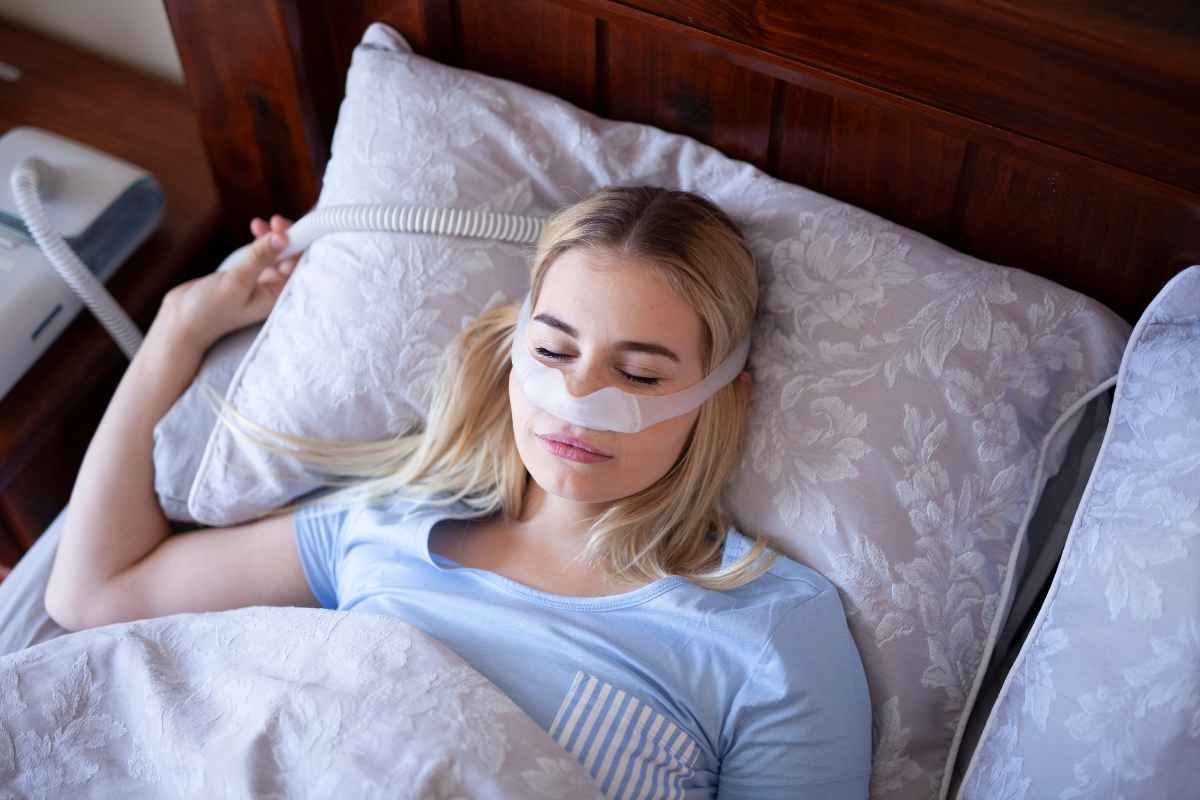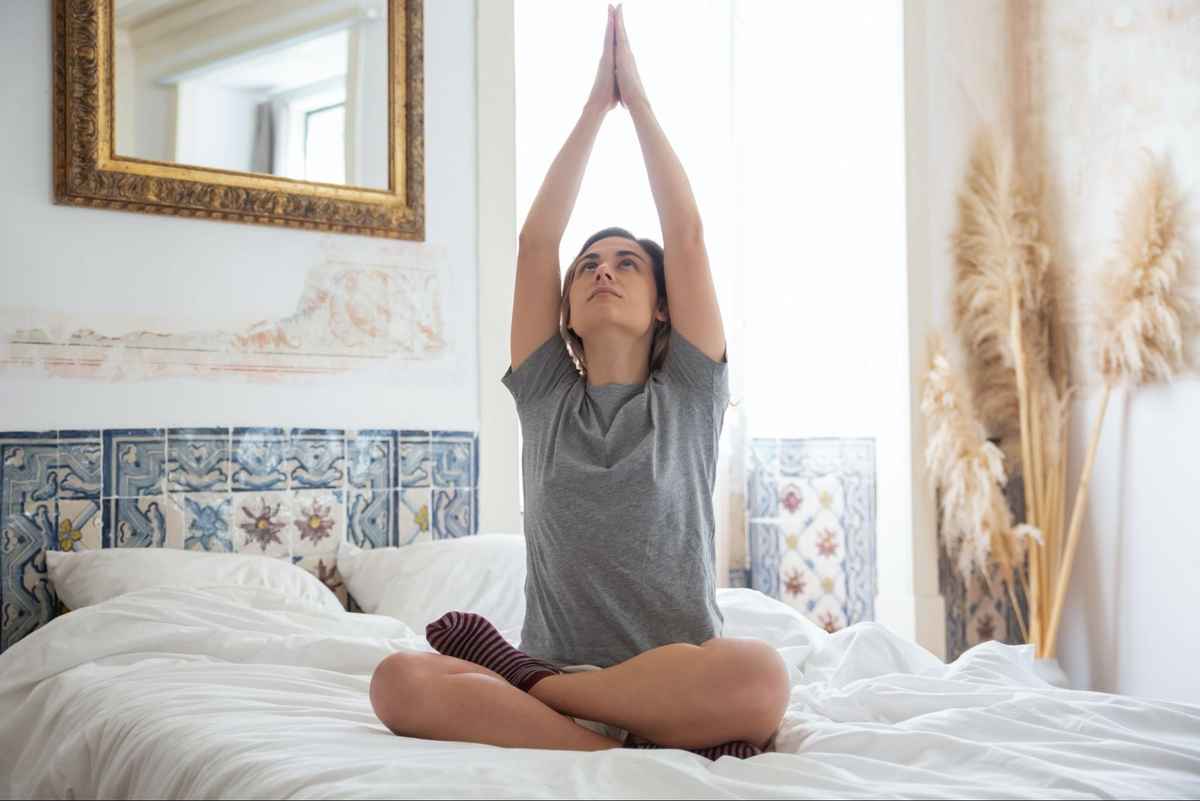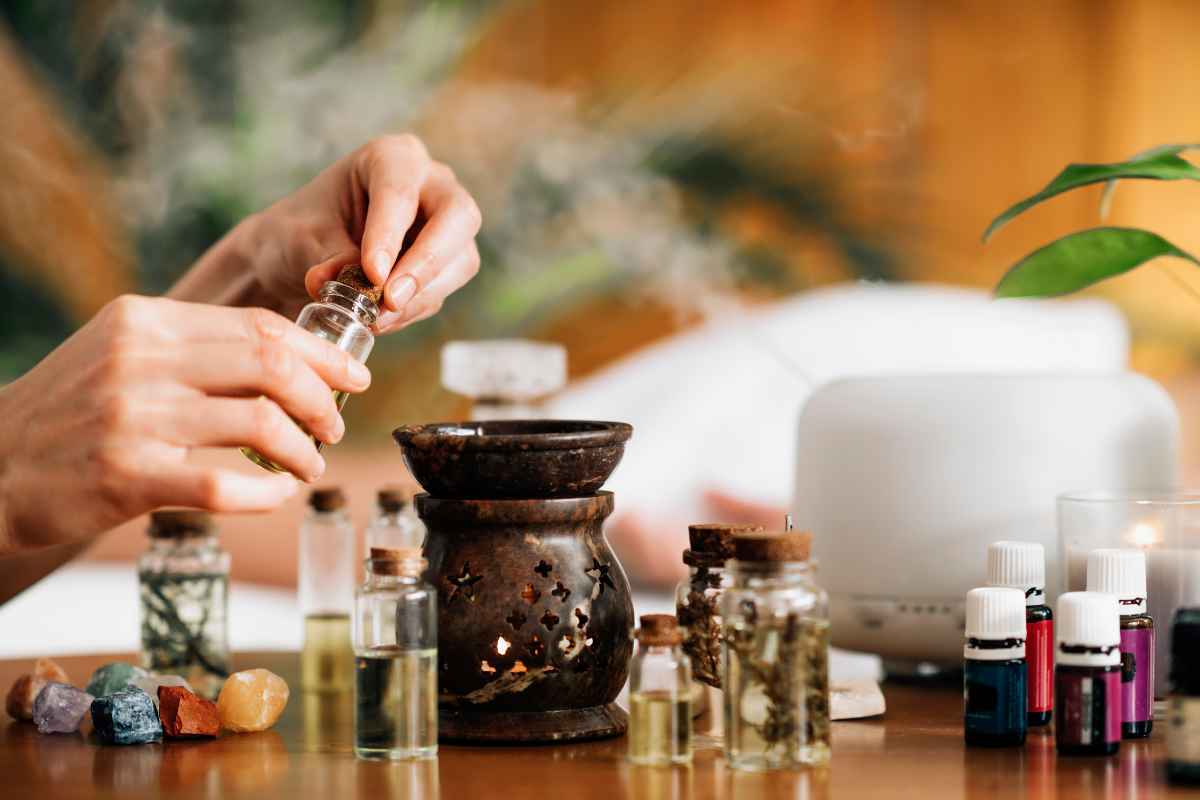How Lack of Sleep Affects Our Eyesight
Did you know that the eye twitches or spasms you’re experiencing may be caused by a lack of sleep?
In this article, we’ll dive into the relationship between sleep and eye health and explore the effects of sleep deprivation on our eyes.
Be sure to read until the end as we’ve got some practical tips on how you can get that quality rest.
How sleep can affect our eyes
Sleep is one of the biggest factors in maintaining our health – in general!
During sleep, our bodies engage in restorative activities such as repairing tissues and regulating different hormones, which are essential for maintaining our immune system, metabolism, and mental health.
Getting a good night’s sleep can also do wonders for your eye health.
Studies have shown that proper sleep can reduce the risk of eye diseases such as dry eye and glaucoma.
When we sleep, our eyes get to rest and recharge, which is crucial for maintaining optimal eye health.
On the flip side, lack of sleep can cause eye strain and spasms, making it harder to focus and potentially leading to blurry vision and headaches.
What can happen if we don’t get enough sleep?
Lack of sleep interferes with many essential bodily functions and compromises eye health in many ways, like these:
Dry eye syndrome
Have you noticed your eyes feeling dry and itchy after a night of poor sleep?
When we don’t get enough rest, our eyes produce fewer tears.
The tears produced may also contain more salt than normal.
Decreased tear production and saltier tears can worsen dry eye symptoms, such as redness, itchiness, discomfort, and even pain.
Eye spasms
Not getting enough shuteye puts your eyes under a lot of strain which could lead to eye spasms , a.k.a. that uncontrollable twitching or trembling around the eye area.
This happens because tiredness and fatigue can cause your eye muscles to contract involuntarily.
While eye twitches are typically harmless, they may be uncomfortable or annoying.
In addition to that, they usually go away on their own within a few days.
Glaucoma
Glaucoma is an eye condition that causes damage to your optic nerve, leading to gradually worsening vision and, eventually, blindness.
The optic nerve can become more vulnerable when you’re tired, which increases its risk of being damaged if there is already a pre-existing condition, such as optic neuritis (optic nerve inflammation due to an infection or immune-related illnesses).
As for those already suffering from glaucoma, the lack of sleep can also worsen the condition since it interferes with one’s blood flow, increasing pressure on the eyeballs.
Macular degeneration
Studies have found a link between poor sleep quality and the development of age-related macular degeneration.
Macular degeneration occurs when the macula (the central part of the retina required for detailed vision) gets damaged.
When you don’t get enough sleep, it puts more stress on your eyes. This can contribute to increased degeneration of the macula.
How this happens isn’t completely clear to experts yet, but research shows that those who suffer from poor sleep quality have a higher risk for developing macular degeneration.
Cataracts
Insufficient restful sleep leads to an increased risk of developing cataracts, which is a common cause of vision loss.
Cataracts happen when the eye’s natural lens gets less transparent or cloudy.
It results in blurry vision and other symptoms such as halos or double vision.
Poor sleep quality can cause oxidative stress (a condition that causes cell and tissue damage) on the eyes, leading to damage to the proteins in the lens responsible for clear vision.
Lack of sleep may also reduce blood flow throughout the body, including to the eyes, which could lead to effects similar to those of oxidative stress.
Conditions that can affect our sleep
Sleep is an essential part of our daily lives, yet many people find it difficult to get enough of it due to conditions that affect its quality and duration.
Insomnia
Insomnia reduces the quality and duration of your sleep by making it difficult to fall and/or stay asleep.
Common causes range from uncomfortable beds to noise to shift work to anxiety or depression.
Insomnia is associated with fragmented sleep, which decreases the amount of time spent in deep sleep and REM sleep: two stages of sleep that are necessary for restoring energy levels.
Sleep apnea
This sleep disorder occurs when a person’s airway becomes partially or completely blocked during the night.
During sleep, one’s upper throat muscles relax, resulting in the tissues closing in and blocking the airway.
This can cause someone to stop breathing multiple times throughout the night, resulting in poor quality of sleep, daytime fatigue, and loud snoring.
REM sleep behavior disorder
People who suffer from this sleep disorder act out their dreams by physically moving or making noises during the night.
This can disrupt their sleep and lead to injury from thrashing around.
During the REM stage of sleep, your muscles are prevented from moving by specific nerve pathways in your brain.
However, if you suffer from REM sleep behavior disorder, these pathways don’t function as they’re supposed to.
This can result in you moving while dreaming.
REM sleep behavior disorder commonly affects men over age 50.
Narcolepsy
If you have excessive daytime fatigue and sudden, uncontrollable episodes of falling asleep during the day, you may have narcolepsy.
This sleeping disorder can have an extreme impact on daily life, as one will face great difficulty staying awake even during dangerous activities like driving.
The usual cause of Narcolepsy is the lack of hypocretin (a brain chemical which regulates wakefulness).
It is thought that the immune system attacks the cells (by mistake) that produce hypocretin.
Ways to improve sleep quality & enhance eye health
Just as how bad sleep affects your eyes negatively, getting a good night’s sleep can enhance your eyes’ health greatly.
First off, establish a regular sleep schedule.
Keeping to a consistent bedtime and waking time helps your body’s internal clock stay in sync, thereby improving your sleep quality.
To wind down for the night, try getting into a relaxing pre-bedtime routine that signals to your body that it’s time to sleep.
This may include gentle stretching, journaling, reading, or listening to music.
If you’re still having trouble sleeping, cutting down on screen time may help.
Blue light glasses can also be helpful as they block out harmful blue light emitted from computers, phones, and other electronic devices that disrupt your body’s natural circadian rhythm.
These glasses work by filtering out specific wavelengths of blue light before they reach your eyes, thereby giving you a better chance of having a good night’s sleep.
Aromatherapy may also help. Essential oils like lavender and chamomile have calming properties that help soothe the mind and relax the body.
You can use these scents either through an aromatherapy diffuser or by applying them on your skin directly.
If necessary, use humidifiers.
If you go to sleep in a dry environment, your nose, throat, and lungs could become irritated.
Adding moisture back into the air via a humidifier helps create more breathable surroundings that foster deep sleep.
If insomnia or sleep apnea is what’s keeping you up, you should consult a doctor or specialist to diagnose the cause of your condition and help you create a specialized treatment plan.
In cases of narcolepsy, it presents a greater risk as it may result in accidents.
To mitigate this, it’s best to consult a doctor so they can assess your situation and discuss potential treatments.
For people with REM sleep behavior disorder, it can be managed by taking medication and making sure they are safe when they sleep.
This can include keeping siderails up on the bed, placing padding on the floor near the bed, and moving things far from the bed.
Lastly, take some time to do regular eye exercises.
By doing simple exercises such as focusing on different distances and using blinking techniques, you can help relax your eye muscles and reduce tension in the area.
Doing these exercises throughout the day will help refresh your eyes and may help you sleep better at night.
Better sleep quality, better eye health
Better sleep quality and better eye health go hand-in-hand.
When you get enough rest, your eyes feel refreshed and alert during the day. In the long run, you’ll also be at much lower risk of eye conditions.
Remember to also give your eyes TLC with occasional exercises and frequent breaks from the screen.
With a few key steps, you can unlock the key to healthier eyes and better sleep.
Want more health tips? There’s more waiting for you over on the Mouqy blog!

Written by:
Phoebe Jade

